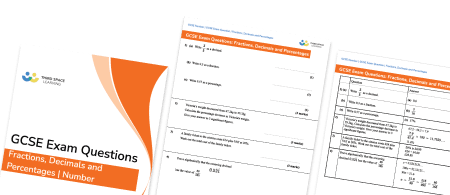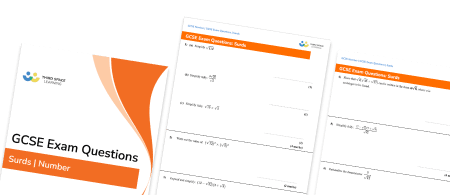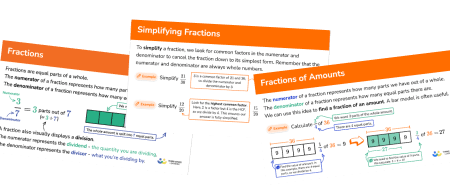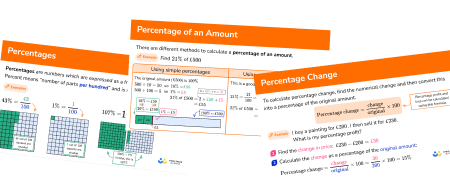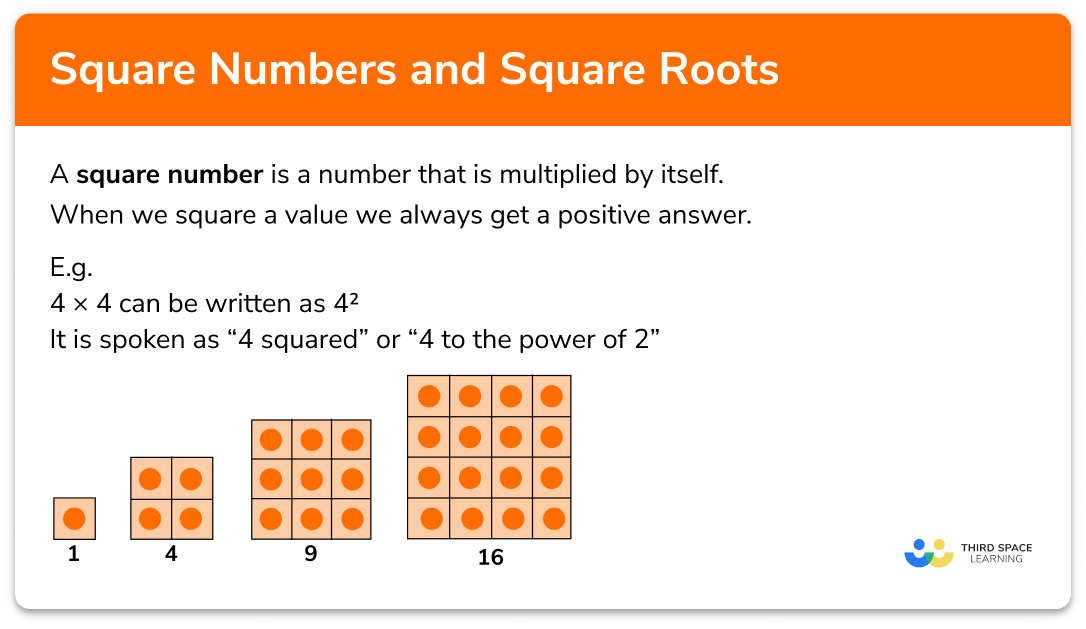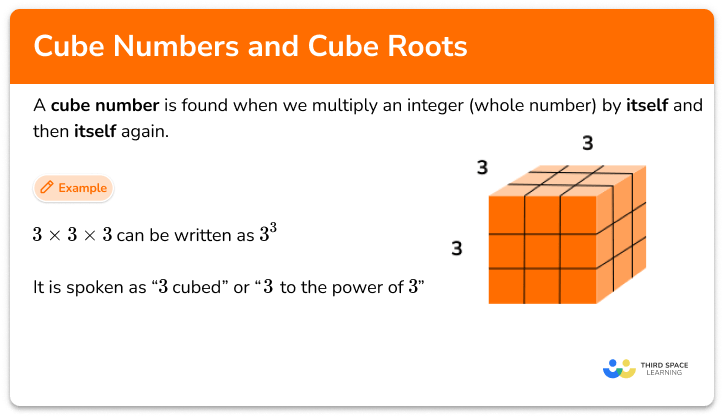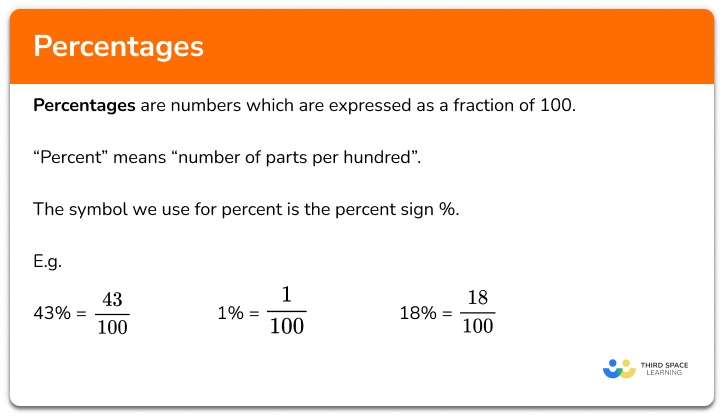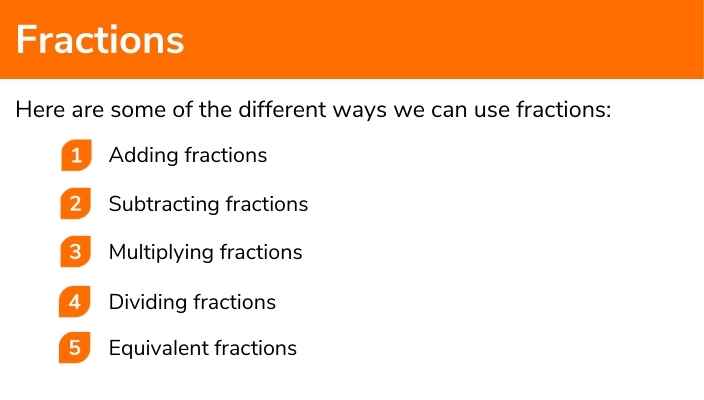FREE DOWNLOAD
Factors and Multiples worksheet

Help your students prepare for their Maths GCSE with this free factors and multiples worksheet of 30 + questions and answers
- Section 1 of the factors and multiples worksheet contains 20+ skills-based factors and multiples questions, in 3 groups to support differentiation
- Section 2 contains 3 applied factors and multiples questions with a mix of worded problems and deeper problem solving questions
- Section 3 contains 3 foundation and higher level GCSE exam style factors and multiples questions
- Answers and a mark scheme for all factors and multiples questions are provided
- Questions follow variation theory with plenty of opportunities for students to work independently at their own level
- All questions created by fully qualified expert secondary maths teachers
- Suitable for GCSE maths revision for AQA, OCR and Edexcel exam boards
Unlock access to download your free resource
You can unsubscribe at any time (each email we send will contain an easy way to unsubscribe). To find out more about how we use your data, see our privacy policy.
Factors and multiples at a glance
Multiples are the result of multiplying a number by an integer and factors of a number are numbers that will divide into an integer with no remainder.
Finding factors of a given number using factor pairs can help to calculate the greatest common factor (GCF) or highest common factor (HCF) of two different numbers.
The lowest common multiple or least common multiple (LCM) of two numbers can also be calculated by working out the first number that appears in both of the times tables.
Looking forward, students can then progress to additional Number worksheets, for example a Negative numbers worksheet or a HCF and LCM worksheet.

For more teaching and learning support on Number our GCSE maths lessons provide step by step support for all GCSE maths concepts.
Do you have students who need additional support to achieve their target GCSE maths grade?
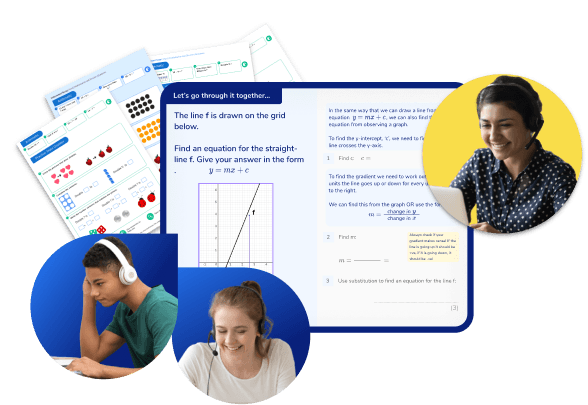
There will be students in your class who require individual attention to help them succeed in their maths GCSEs. In a class of 30, it’s not always easy to provide.
Help your students feel confident with exam-style questions and the strategies they’ll need to answer them correctly with personalised online one to one tutoring from Third Space Learning
Lessons are selected to provide support where each student needs it most, and specially-trained GCSE maths tutors adapt the pitch and pace of each lesson. This ensures a personalised revision programme that raises grades and boosts confidence.

